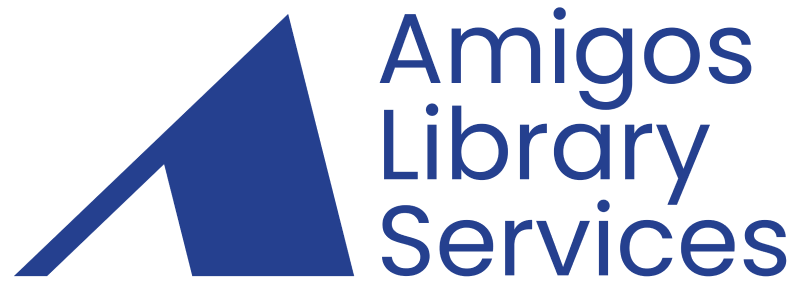Transparency in Library Communication
Transparency in communication is critical at all levels. It is necessary for an equitable and inclusive workplace as well as for library stakeholders to understand changes as they occur. Without it, leaders lack the context needed to understand the decisions they must make, and workers have difficulty with trust and buy-in.
